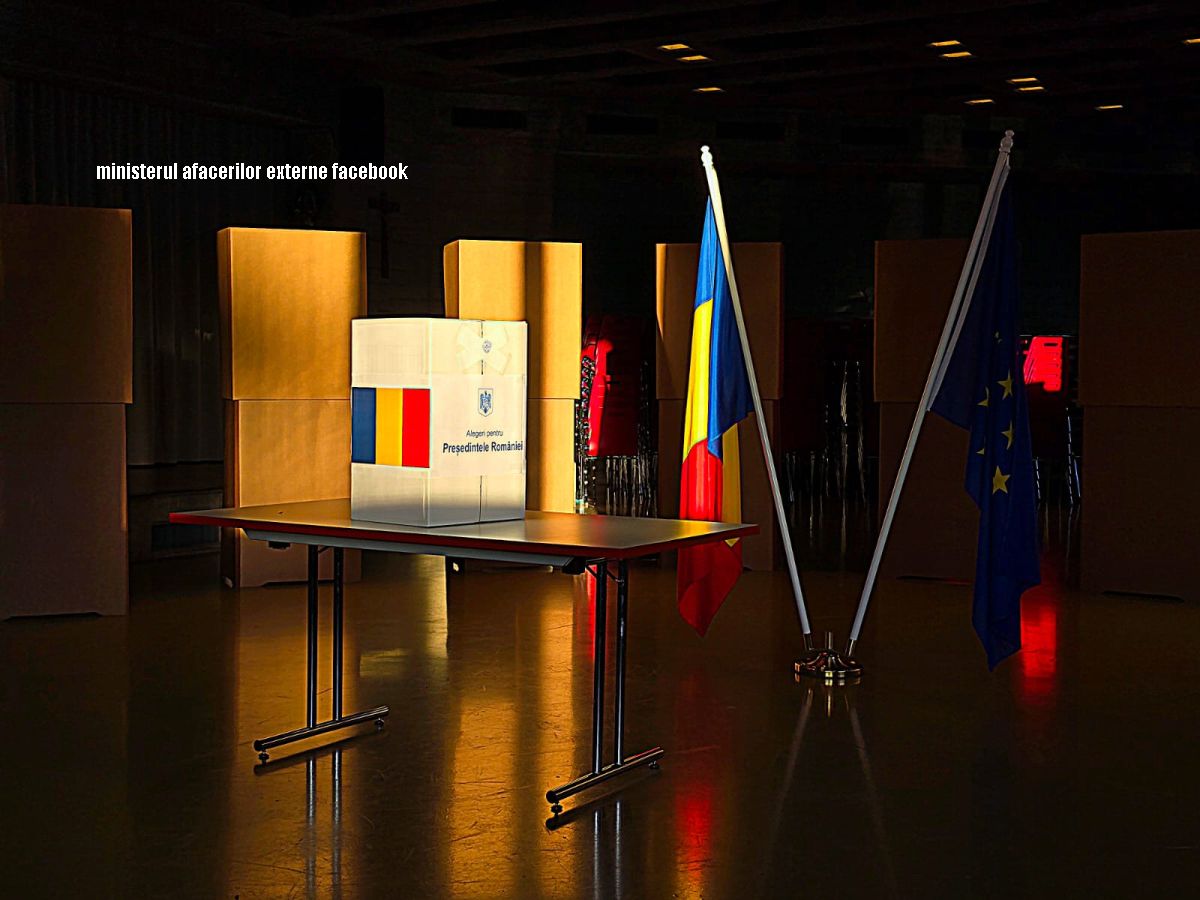November 14, UPDATE
A roundup of domestic news

România Internațional, 14.11.2013, 20:38
The Romanian government on Thursday approved the state budget bill for next year prior to submitting it to Parliament. The new budget bill is based on a 2.2% economic growth rate and a 2.2% budget deficit and provides considerable increase in the allocations of the ministries responsible for healthcare, regional development and public administration, finance and agriculture. On the other hand, the ministries of culture, economy foreign affairs and justice will receive less money. Also on Thursday, the government approved a controversial bill on the country’s descentralisation, before calling for a vote of confidence in Parliament next week.
Healthcare employees in Romania will be on a warning strike on the 25th of November before going on an indefinite all-out strike 3 days later, healthcare trade unions have announced. Unhappy that their demands have not been met, healthcare employees call for the resignation of the health minister Eugen Niocolaescu. They request the allocation of at least 6% of the GDP to the healthcare system, legislation guaranteeing their professional independence, a special salary law for the medical system and better working conditions. In recent weeks, healthcare employees have staged a number of protests and picketed the government and health ministry headquarters.
In the third quarter of this year, Romania registered the biggest economic growth rate in the EU: 1.6% as compared to the previous quarter and 4.1% as compared to the same period in 2012, according to data made public by Eurostat on Thursday. The authorities in Bucharest are expecting a 2.2% economic growth rate in 2013 and 2014. The representatives of the International Monetary Fund said after talks with the Romanian authorities that in 2013 the real GDP increase has consolidated as a result of a good agricultural production and robust exports.
Romania is today one of the most solid countries in the EU with regard to macroeconomic stability, said Romanian President Traian Basescu during a meeting with a delegation of the Romanian American Business Council. The representatives of the American business community said they would like to see more predictability and transparency on the part of the Bucharest administration, prerequisites for entrepreneurs to be able to make long term investment plans. The members of the delegation also met Prime Minister Victor Ponta, who assured them that the Romanian government will continue to support the American companies in Romania.
The Romanian Constitutional Court on Thursday rejected president Traian Basescu’s request regarding the amending of the referendum law, which provides for the decrease of the required vote turnout by 30%. The law is to be promulgated by the head of state. In late May, the Chamber of Deputies, the decision-making body, adopted the draft law regarding the reduction of the turnout for a referendum from 50 to 30%. The head of state says the law contains provisions that violate constitutional principles regarding the exercise of sovereignty by the people. The 50% threshold was a topic of much political controversy in the summer of 2012, when a referendum to impeach the president was held in Romania. The referendum was invalid because less than 50% of the voters came to the polls, though the majority of those who did said yeas to impeachment.
The prime minister of the Republic of Moldova, Iurie Leanca, pays a visit to neighbouring Romania before leaving for Brussels together with his counterpart Victor Ponta. The two officials will have talks with the president of the European Commission Jose Manuel Durao Barosso and the European commissioners for energy and transport about specific measures to support the Republic of Moldova. The joint visit by the Romanian and Moldovan prime ministers comes ahead of the Eastern Partnership Summit in Vilnius, where Moldova hopes to initial its association agreement with the European Union.
Romania must settle the issue of the gold mining project in Rosia Montana as soon as possible because the investors’ patience is running out, said Dragos Tanase, the general manager of the Canadian company wishing to exploit the gold and silver deposits in Rosia Montana. This week, a special parliamentary committee rejected a government bill that would have given green light to the mining project. The use of cyanide during mining works, which according to experts, may cause irreversible damage to the environment and destroy the Roman traces in the area, have led to the biggest street protests in post-communist Romania.
The Romanian Foreign Minister, Titus Corlatean, will pay a visit to Athens on Friday, at the invitation of his Greek counterpart, Evangelos Venizelos. On January 1st, 2014, Greece takes over the presidency of the EU Council, and Romania is holding the acting presidency of the South-East European Cooperation Process. The two foreign ministries will analyze the stage of bilateral cooperation and will identify new cooperation projects, especially in economy, investments, transport and infrastructure, regional development, culture and tourism.





























